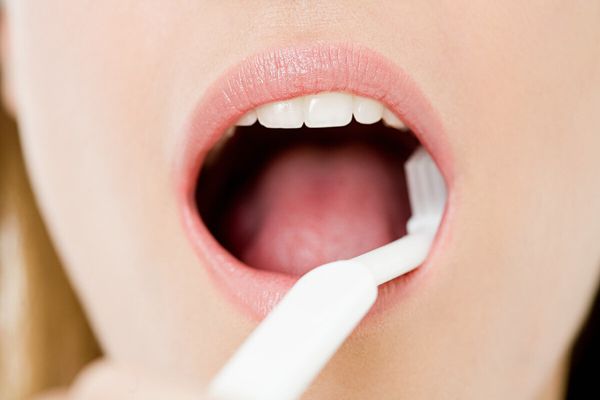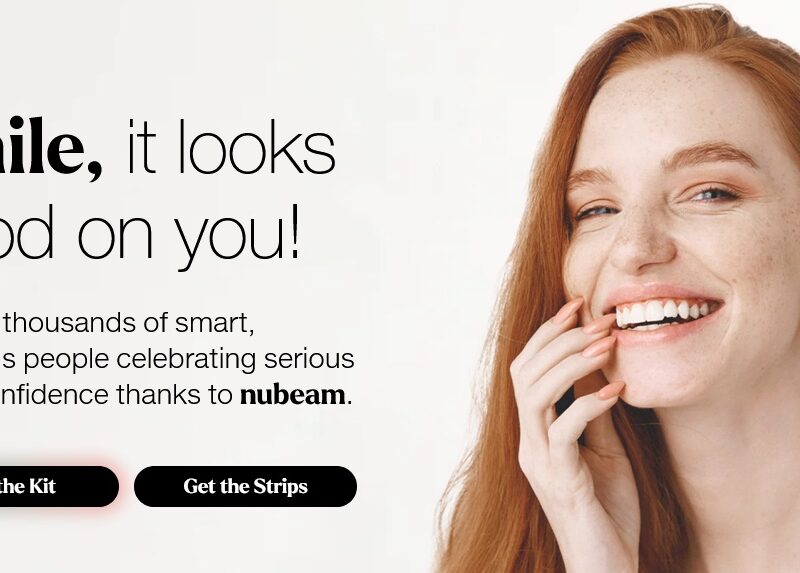
How To Prevent A Bad Taste After Brushing Your Teeth
Dental practitioners encounter patients on a daily basis who face challenges with their at-home oral care. Frequently, patients express their dissatisfaction with experiencing a bad taste in their mouths after brushing, often without comprehending the underlying cause.
Why does this happen, and what can you do to make brushing your teeth more pleasant?
Keep reading as we explore why food tastes awful after brushing, the causes of bad breath, and what you can do to improve your at-home brushing experience. Ensuring excellent oral care practices in the comfort of your own home is paramount to prevent dental problems or complications from arising.
Why Is There A Bad Taste In My Mouth After Brushing?
If you’re experiencing a bad taste in your mouth when brushing your teeth, this can indicate several underlying issues. Identifying the root cause is essential to understand whether you require dental treatment. Here are some possible reasons for that bad taste:
Medications – often, medications like antidepressants can leave a metallic taste in your mouth. Since brushing your teeth increases your saliva production, this could lead to the taste becoming more intense.
Pregnancy – during your first trimester of pregnancy, there is an increased amount of estrogen in your body. This can change the way everything tastes, including your usual toothpaste.
Acid reflux – with acid reflux, a small amount of bile or stomach acid can enter your mouth or throat. It could be the case that brushing your teeth triggers acid reflux, causing an unpleasant taste after brushing.
Dental problems – if you have bacteria, decay, or an infection in your mouth, this will most definitely cause an odour. Brushing your teeth could dislodge some of the bacteria and debris in your mouth, causing an increased bad taste.
Sinus problems – if your sinuses are blocked or clogged with mucus, brushing your teeth could release some of this mucus, causing an unpleasant taste.
Smoking and vaping – both smoking and vaping can cause dry mouth. When you have a dry mouth, there is insufficient saliva to wash away the bacteria. Brushing your teeth can free this bacteria, leading to an unpleasant flavour.
Assessing your oral health and identifying potential factors that may contribute to an unpleasant taste in your mouth is crucial.
Why Does My Breath Smell Bad?
Halitosis and bad breath can be caused by a host of dental issues, from dry mouth to tooth decay. It’s essential to visit your dentist if your breath smells terrible.
Your dentist will be able to provide you with advice on alleviating bad breath and will also be able to determine the underlying cause. Because bad breath can indicate infection or decay, it’s advisable to have a checkup performed – so you don’t miss any potential issues.
How To Fix A Bad Taste In Your Mouth After Brushing
Numerous measures can be implemented to minimise or decrease the gross flavour you experience after brushing your teeth. Here are our best tips:
Brush your teeth right away – brushing your teeth immediately upon waking up is highly recommended to ensure you rid your mouth of all the debris that settled overnight. Also, the bad taste in your mouth could be due to your toothpaste interacting with the food you’ve eaten in the morning – such as orange juice. By brushing your teeth straight away, you can reduce this interaction.
Visit your dentist – your dentist can recommend a toothpaste that doesn’t contain SLS, a substance that can interact with foods and chemicals in your mouth. They can also recommend mouthwashes and solutions to remedy dry mouth and bad breath.
Speak to your doctor – if you’re experiencing a bad taste in your mouth due to certain medications or pregnancy, you should speak to your doctor to determine alternative routes and solutions.
Summary
A bad taste after brushing can mean many things. So, it’s essential to visit your dentist for a checkup to ensure your oral health is supported. From there, you can take steps to manage the bad taste in your mouth and any bad breath you’re experiencing.







